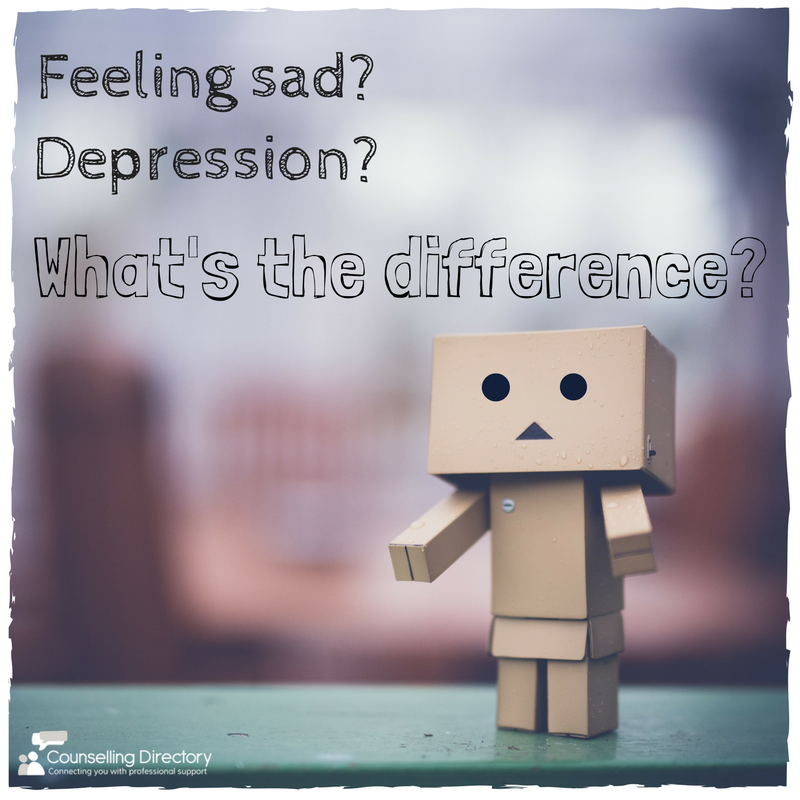Understanding Attachment Styles: How Our Early Relationships Shape Us Our relationships, both past and present,…

The difference between feeling sad and depression
Everyone will experience feelings of sadness from time to time, and there isn’t always a reason. People will sometimes say they’re depressed when they’re having a bad day or something hasn’t gone right, but depression is more than that. Depression is a serious mental health condition that can have a big effect on a person’s life.
A key difference between feeling sad and depression is time. Sadness can come and go, usually with relative speed and ease, whereas depression is constant.
Feeling sad
There isn’t always a reason why you feel sad, but it is important to try and understand what is causing the sadness. Step back and think about what happened when you started feeling this way – did you receive some bad news, or have a bad experience?
If you don’t know the reason, it can be quite unnerving. While it is normal to experience negative feelings, if these thoughts are preventing you from enjoying life, it may help to speak to someone, like a professional.
The difference between feeling sad and depression
Sad feelings that don’t go away can be a sign of depression, though there are a number of other possible symptoms, including:
- low mood lasting for two or more weeks
- feelings of hopelessness, or lacking enjoyment
- sleeping more than usual or being unable to sleep completely
- lacking concentration on daily activities, such as watching TV
- loss of appetite or comfort eating
- thoughts of self-harm or suicide
Depression
Depression is a relatively common mental health condition, with anxiety and depression affecting an estimated 615 million people worldwide. Despite this, not everyone will seek help straight away. This could be down to a number of reasons, such as fear, shame or simply not knowing where to turn. Others may not even know they have the condition, especially if it has developed slowly, over a long period of time. Sometimes it is a friend or family member who notices a change.
Seeking help
It is important to take your mental health and well-being seriously, just as you would a friend. If you’re worried about your mental health, it is better to talk to someone and seek support, than do nothing at all.
Start by talking to your GP. They can help you understand more about the condition and why you may be feeling this way. Together, you can discuss treatment options, such as talking therapies and counselling, or self-help.
There is no one treatment that will work for everyone, so be sure to ask questions. If you are looking to speak to a counsellor, do your research and ask more about the way they work. There are many different approaches and each counsellor will work in their own way.
Wherever you are on your journey, remember that you are not alone. Whether you are ready to contact a counsellor, or simply want to research a condition, visit our site help to learn more.
